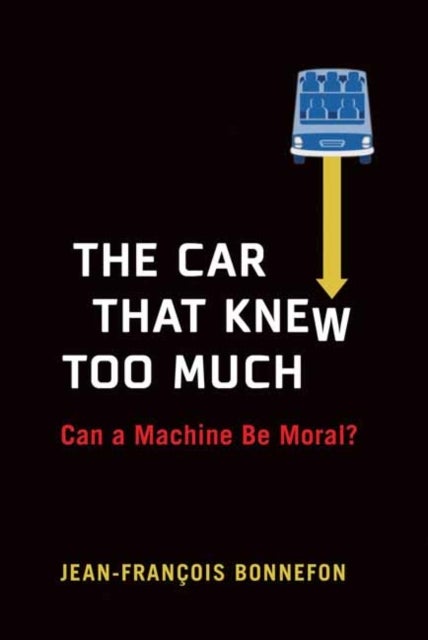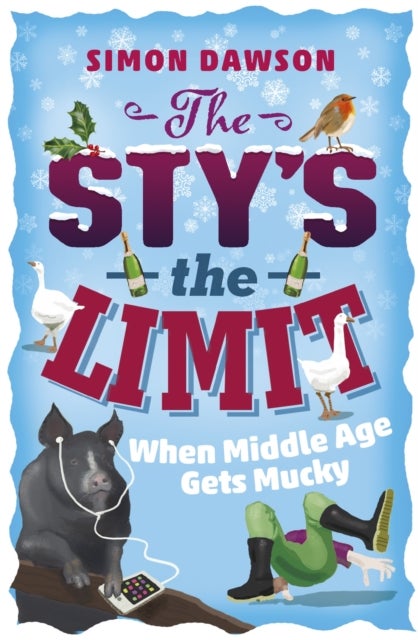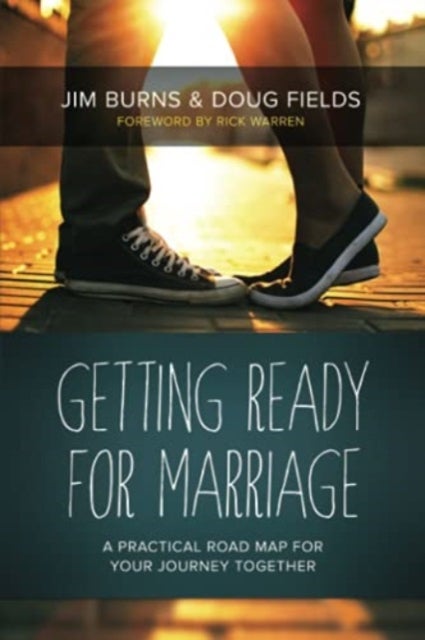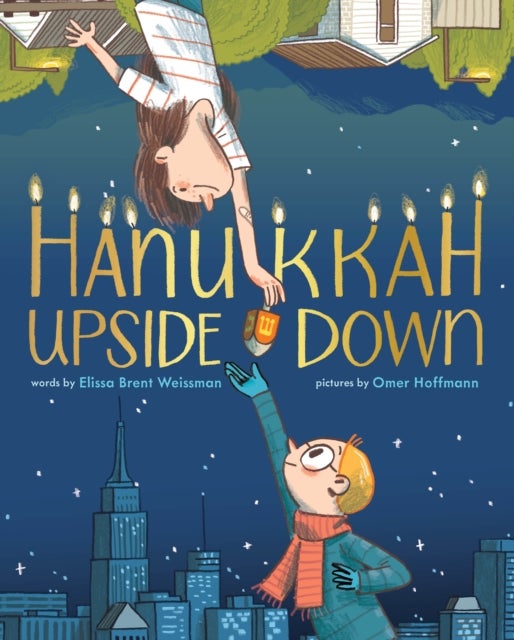
The Car That Knew Too Much av Jean-Francois Bonnefon
299,-
<b>The inside story of the groundbreaking experiment that captured what people think about the life-and-death dilemmas posed by driverless cars.</b><br><br>Human drivers don''t find themselves facing such moral dilemmas as "should I sacrifice myself by driving off a cliff if that could save the life of a little girl on the road?" Human brains aren''t fast enough to make that kind of calculation; the car is over the cliff in a nanosecond. A self-driving car, on the other hand, can compute fast enough to make such a decision--to do whatever humans have programmed it to do. But what should that be? This book investigates how people want driverless cars to decide matters of life and death.<br><br> In <i>The Car That Knew Too Much</i>, psychologist Jean-François Bonnefon reports on a groundbreaking experiment that captured what people think cars should do in situations where not everyone can be saved. Sacrifice the passengers for pedestrians? Save children rather than adults? Kill on








